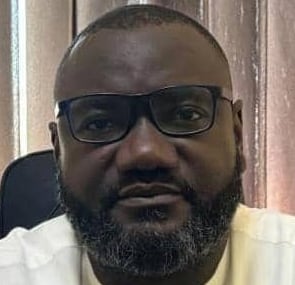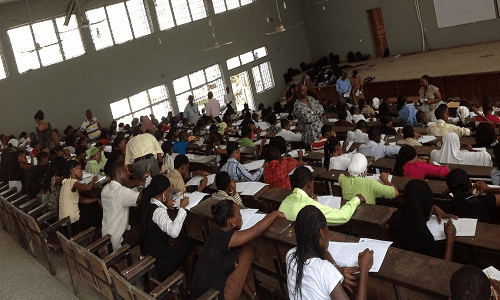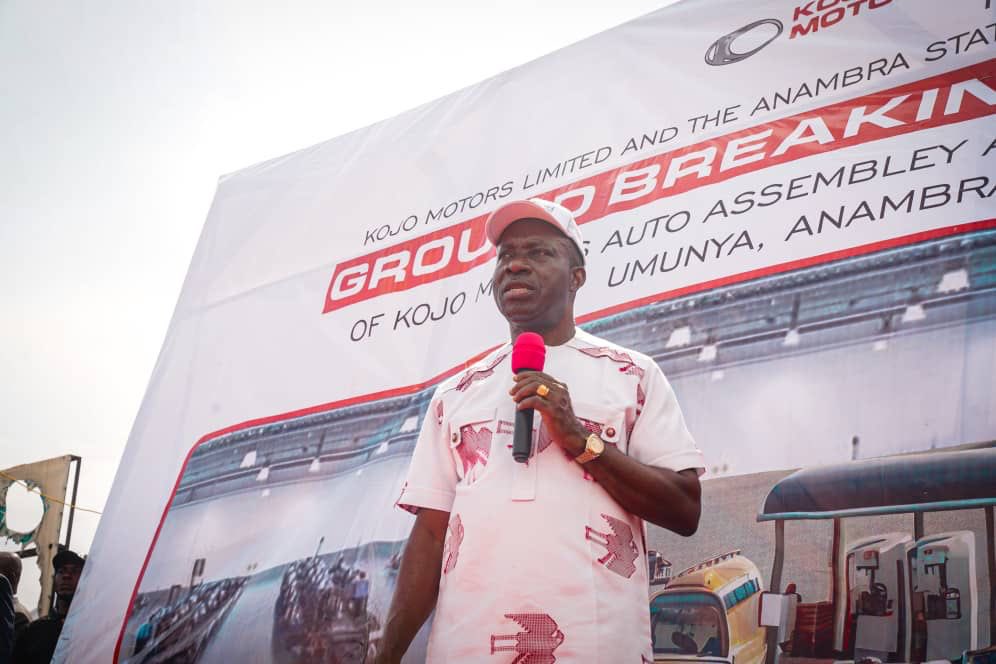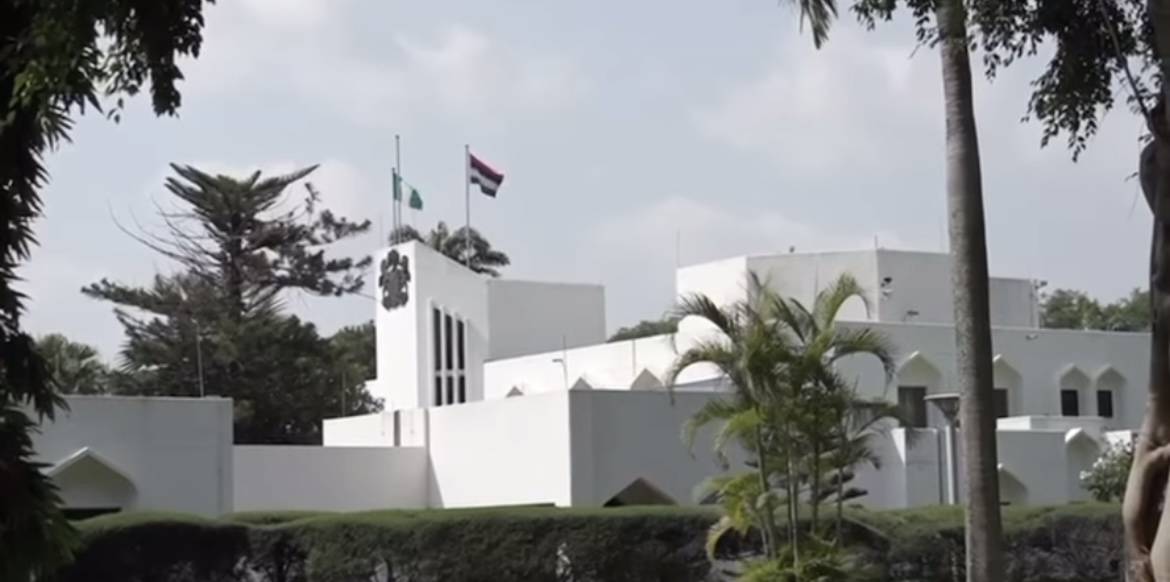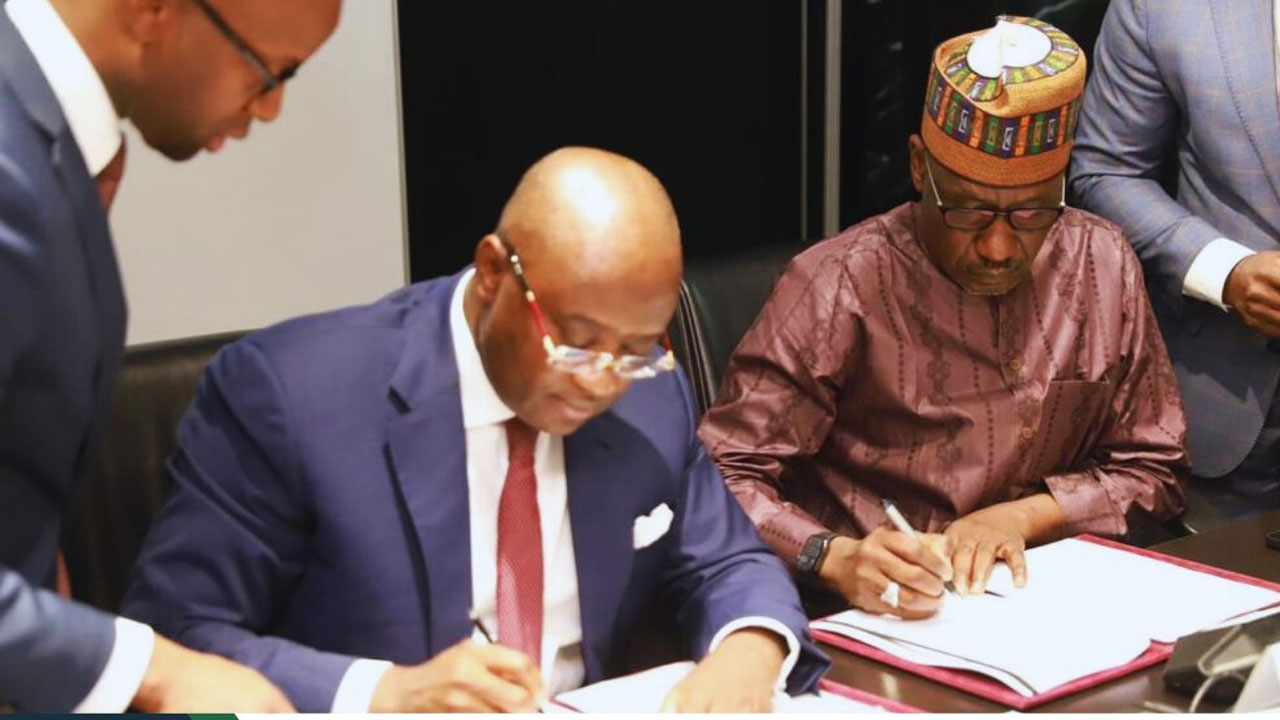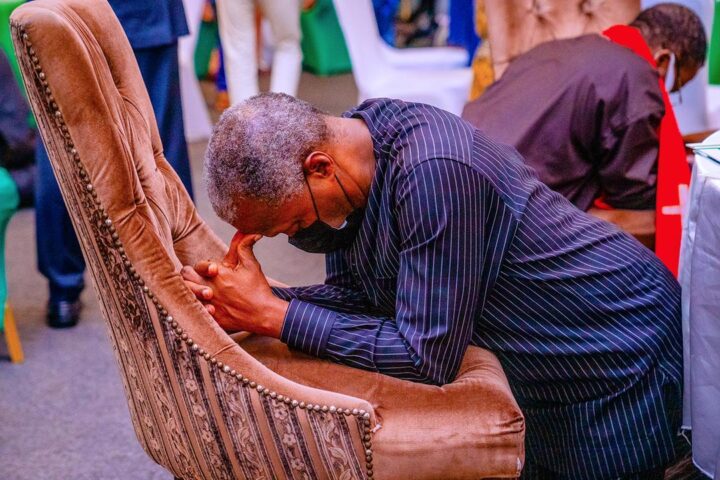ASUU: Why it's unsafe to reopen varsities now
This is a topic that has been left unattended by successive governments. The reason is plausible. The teaching profession is not an honourable one. As such, those in the business of dispensing knowledge are endangered species in Nigeria.
The talk about the standard of education has generated debates. Advocates have advanced positions that scratch the surface while systematically ignoring the substance of the matter. This is not magic. It is common sense and why we are where we are today. Lecturers struggle to make ends meet. It supports the infamous quote about teachers receiving their reward in heaven. I will restrict my analysis to lecturers in tertiary institutions for now.
How important is knowledge to sustainable growth and development? It is a pitiable one for lecturers. A friend shared a story about a professor who was delighted that his last child graduated. His story was touching. He took loans yearly to be able to see his children through school. This was a high-ranking professor.
How much do lecturers in federal universities in Nigeria earn using the Consolidated University Academic Salary Structure? (CONUASS). A PhD holder under CONUASS 3(1) earns N130,002.17 monthly. A senior lecturer on CONUASS 5(1) earns N231,107.50 monthly. A new professor on CONUASS 7(1) earns N325,531.62 monthly. A professor at bar under CONUASS 7(10) earns N416,000. This does not apply to state universities and private universities. Several factors come into play, and the difference is insignificant even then.
Advertisement
It is expected that lecturers should be the epitome of integrity. They should impart knowledge to students and contribute to the body of knowledge through well-researched academic articles in national and international journals. Yet, what they earn as salaries is such an embarrassment. Remember that most journals charge a fee for publications. In an international journal, getting articles published costs at least $85. It costs an average of N35,000 to get published in national journals.
It is a requirement that lecturers must have published a certain number of articles in national and international journals before they are considered for promotion. This is aside from the cost incurred in conducting research. I am a researcher, and I know what it takes to write an academic article and get it published. A scholarly article you could read in 30 minutes could take a month or more to write and publish. It is such a daunting task.
I know that the Tertiary Education Trust Fund (TETFund) has been making substantial interventions in tertiary institutions nationwide. There is also the National Research Fund, a component of TETFund that has done brilliantly, too, and we must recognize these valuable interventions. However, much still needs to be done from a policy perspective by reviewing past policies and rejigging them to reflect the present realities.
Advertisement
Rep member Abubakar Fulata, chairman of the House of Representatives committee on university education, recently stirred the hornet nest at a One-Day National Stakeholders’ Workshop on developing a Road map for the Nigerian Education Sector (2023-2027).
He said, “No primary school teacher should earn less than N250,000 in a month, no secondary school teacher should earn less than N500,000, and no university teacher should earn less than N1 million monthly. The nation must declare a state of emergency in education. We must commit at least 25 to 30 per cent of our national budget to education.” This is also my position. This is not a luxury but a necessity if we want to see an improvement in our educational sector.
According to available statistics, Nigeria’s education spending was 8.8 per cent in 2023, 7.9 per cent in 2022, and 5.14% in 2021. For 2020, it was 5.13%; in 2019, it was 5.86%; for 2018, it was 5.94%. And for 2024, 7.9 per cent was allocated to the educational sector. These are all below the 15 to 20% recommendation by the United Nations Educational, Scientific and Cultural Organization (UNESCO). The government must think of alternative funding sources for the educational sector to bridge this gap.
In 2022, Rt Hon. Femi Gbajabiamila, the House of Representatives speaker, remarked at the 52nd Convocation Lecture of the University of Lagos. He said, “Our world has changed. The old certainties from which we derived assurance and built our expectations no longer exist. For Nigerian citizens to thrive in this new world, participate fully and productively in the new global economy, and benefit from, rather than be consumed by, the technological advancements that are changing our world, tertiary education in Nigeria must be prepared to embrace reinvention and adapt to disruption.”
Advertisement
I am glad he is now the Chief of Staff to the President. He would, in good conscience, whisper in the ears of Mr President that education in Nigeria needs a revamp, starting with an improved allocation to the sector.
Lecturing in Nigeria is not honourable. But it can be if the government takes the bold step of improving their conditions of service among a host of other innovations. I agree with Rt. Hon. Femi Gbajabiamila, the President’s Chief of Staff, when he said Nigeria’s tertiary education must be prepared to embrace reinvention and adapt to disruption.
University lecturers in Nigeria are disappearing from the landscape at an alarming rate. They are leaving because they cannot find the means to put food on their table. Lecturers are majestic. They are a necessity, and we must protect them at all costs. Let’s watch how this pans out. This administration is less than a year old. The opportunity to turn things around is before it.
Ocheja, a military historian and doctoral researcher, can be reached via [email protected]
Advertisement
Views expressed by contributors are strictly personal and not of TheCable.
Add a comment
